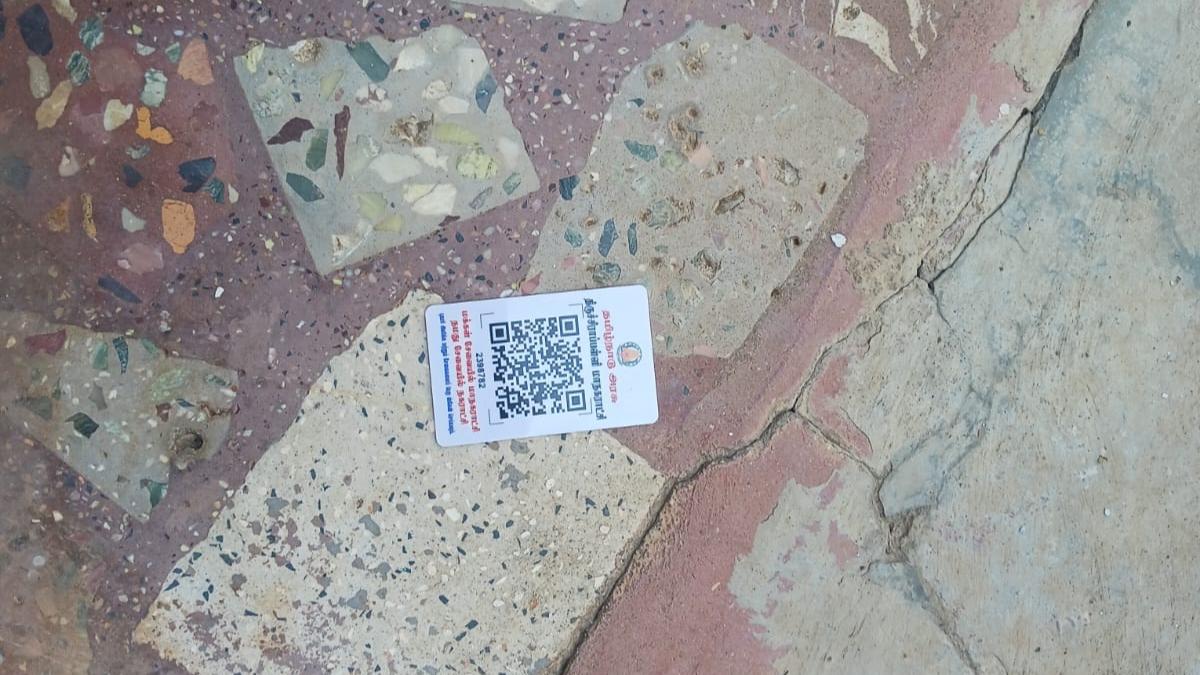
Poor implementation of QR code-based grievance redressal system irks residents
The Hindu
Residents in Tiruchi face criticism for poor implementation of QR code-based grievance redressal platform; cards distributed haphazardly, no awareness about purpose or how to submit grievances; civic body to appoint volunteers to create awareness.
The poor implementation of the quick response (QR) code-based grievance redressal platform has drawn flak among a section of residents in Tiruchi.
Following an initial satisfactory performance of the system, which was implemented in March on a pilot basis in Ward No. 22 in the K Abishekapuram zone, the civic body allocated ₹1 crore to expand the platform and generate unique QR code cards for all residential and commercial properties in all five zones.
The initiative being implemented by the Corporation in all 65 wards of the city has come in for criticism after the cards were distributed haphazardly. A section of residents allege that they were not given awareness about their purpose and how to submit their grievances.
According to a section of the residents, some of the households have received multiple cards, and some were dumped in mailboxes. Some cards were thrown randomly inside the houses just like pamphlets. A bunch of QR cards were found near garbage pile-ups on the roadside near Ponnagar.
“The purpose of implementing the project was not explained. The cards we not properly handed over to the residents and no signatures acknowledging the distribution were obtained,” said C. Balasubramanian, a resident of Karumandapam.
Although QR code cards were affixed in residences to monitor solid waste management in the city a few years back, there was no improvement, residents rued. “Many don’t know how to lodge complaints using the QR cards unless they are explained. The civic body should take measures to appoint volunteers to create awareness about the purpose and explain how to submit their grievances,” said a city resident.
According to officials, around 2.3 lakh property tax assessments in the city were supposed to be distributed with an exclusive QR code, which will be mapped in the geographic information system. Residents can submit grievances by scanning the QR code from their mobile phones to submit grievances on drinking water supply, faulty streetlights, sewage overflow and taxation issues. Based on the property assessment number, the codes were generated, printed, and distributed.













